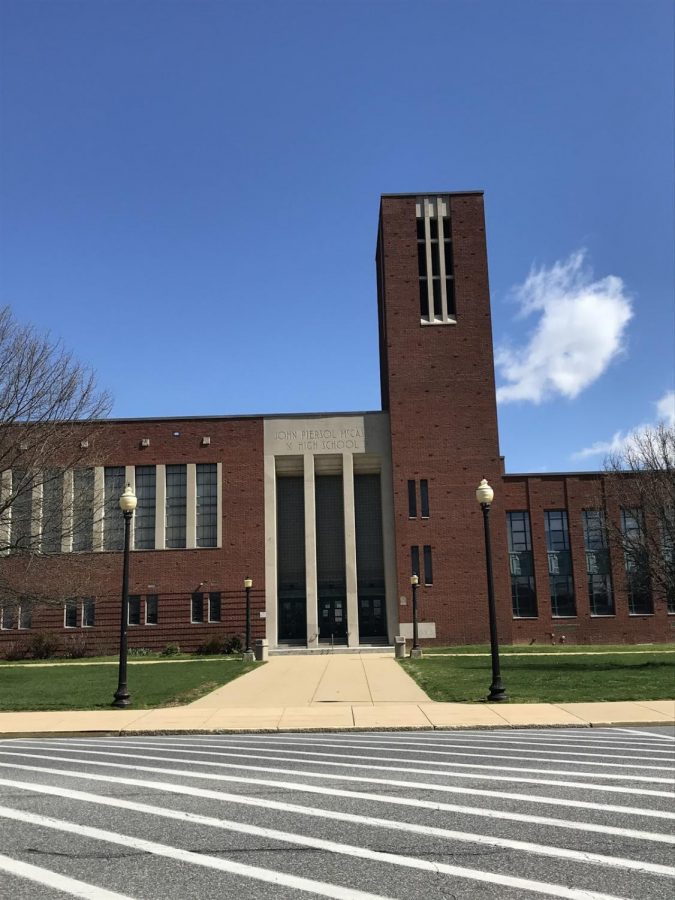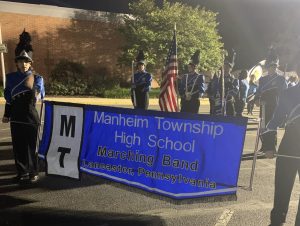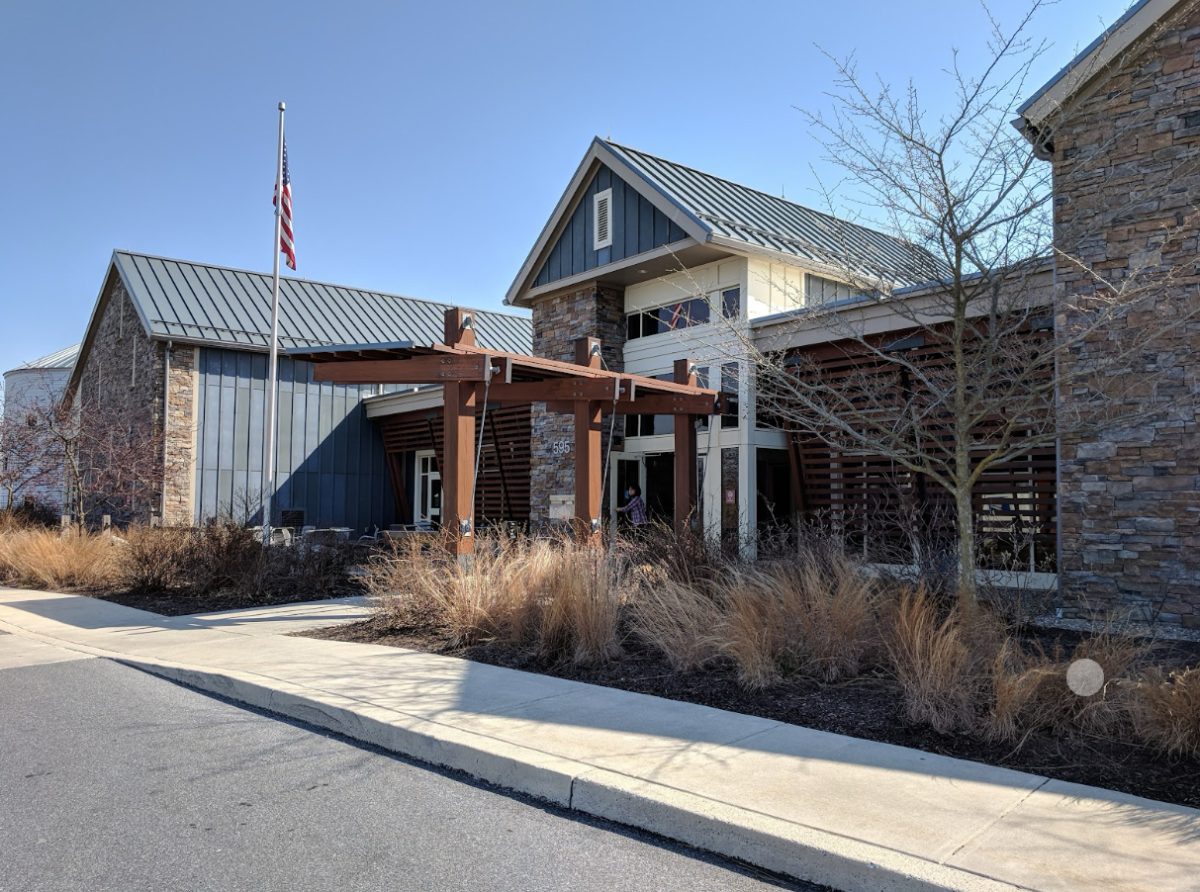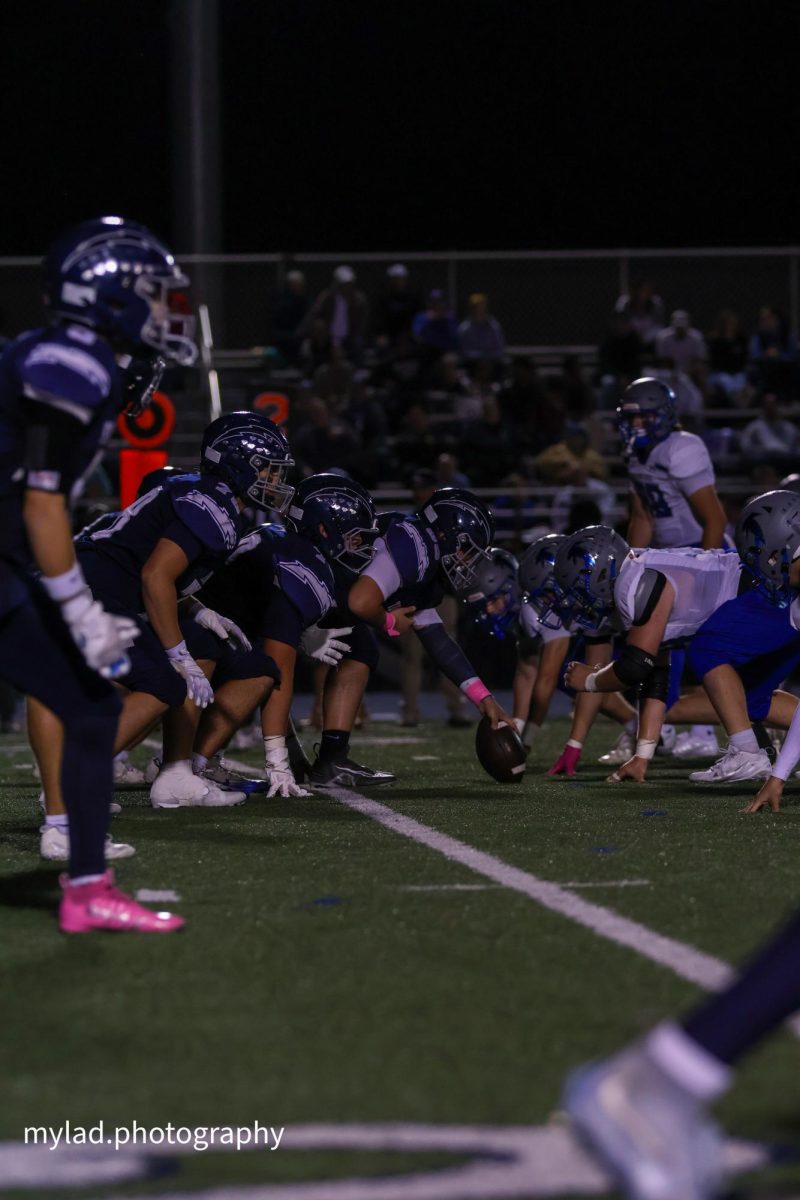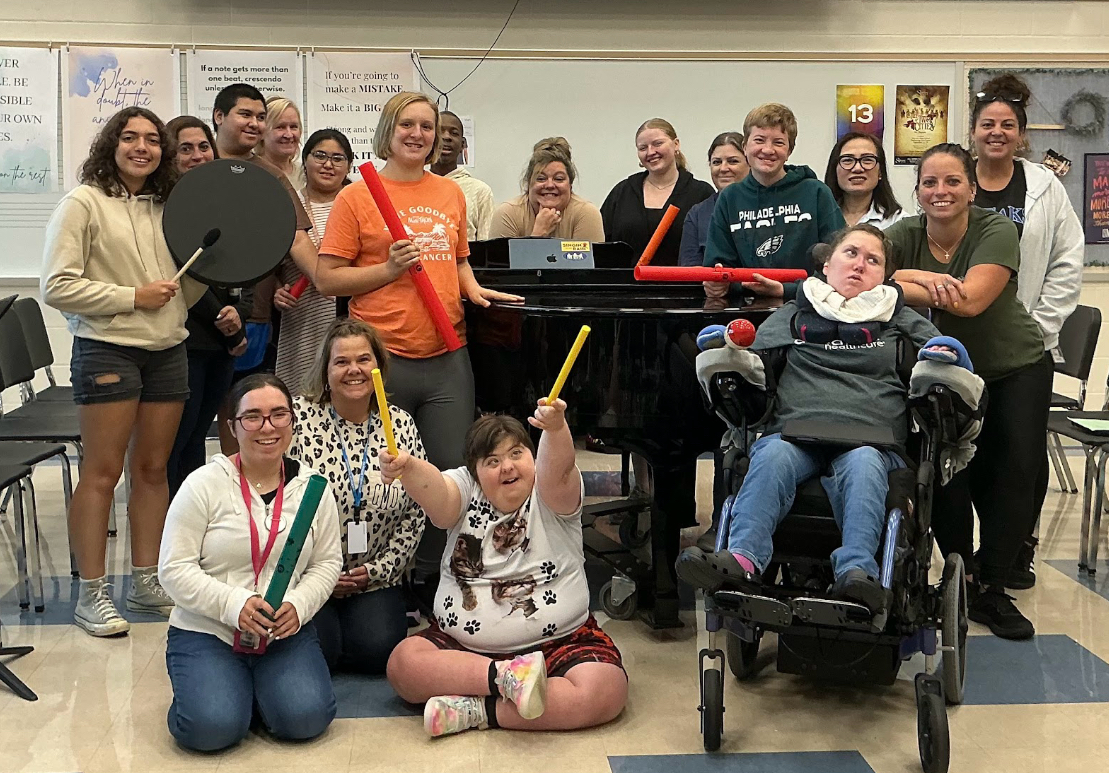McCaskey cancels production of “Hairspray” due to allegations of insensitivity
April 12, 2021
Last month, McCaskey High School announced that their production of Hairspray! had been cancelled. According to an article in LNP, an anonymous group of students sent their principal an email, and the principal proceeded to forward it to the district’s superintendent, Damaris Rau. After looking at these concerns, Rau decided to cancel the show.
Although what exactly the students were concerned about is unknown, the show has been critiqued before in some specific ways. As such, there are some likely issues that arose. The show addresses issues of inclusion, specifically revolving around people who are Black, Hispanic, or living with disabilities.
The show’s themes promote inclusion, but even the way they do so has been questioned. At the end of the show, everything seems to conclude in a way that is very positive. By the end, all the show’s characters sing a song together and the issues seem to be solved. This point was emphasized in an interview with Professor Jonathan Shandell, who teaches theater at Arcadia University and specializes in race and integration on stage. The way he put it, “the plot all resolves and everybody ends up happy and they sing this big song- ‘You Can’t Stop the Beat’- and I just remember thinking: Oh! We can just sing a song and racism isn’t a problem any more!”
Clearly, this is not accurate to real life. Though this optimism is not objectively a bad thing as an optimistic outlook certainly has its place, people have questioned whether the conclusion has been oversimplified too much. Considering how this could be seen as an inaccurate portrayal of the time as the show takes place in the ‘50s and ‘60s, questions have come up about whether this is the message the theater wants to send.
Another concern was the current state of the world in terms of these issues. With the Black Lives Matter movement being so recent and the coronavirus pandemic causing stress, people may have questioned whether now is the right time to put on a musical like this. By contrast, one can wonder whether there ever has been or ever will be an appropriate time. Rau has expressed how this was one of the main reasons she chose to cancel the show. Her concerns with the possibility of further discomforting the show’s audience seemed to have played a large part in her decision.
The show’s director had a different perspective. She mentioned how students had plenty of opportunities to voice concerns to her, but none did. She was upset that she was not informed about the situation. In a letter she wrote to the editors of LNP, she stressed that she still considered each of the students involved in the musical one of her students, though they were not without fault in this scenario. The director feels that the people with more power than her may have made the wrong decision, but she acknowledges that this is a moment where the students learned a valuable lesson. Part of why the director was upset pertained to things that happened early in the show selection process. In that letter, she mentioned how Rau initially approved the musical when it was pitched at a board meeting that took place February 16th.
It is also difficult to say what the intent of the students was. Because the messages have not been shared, there is a possibility that the students’ goal was not to cancel the show, but rather to ensure that the school considered its implications. Some people have questioned whether the concerns were taken out of proportion.
In addition, although this is a single instance, many people are aware that many things have been cancelled since the beginning of the pandemic. Perhaps that is why people are hesitant to accept what happened here, as they may have seen it as unnecessary.
Ultimately, it can be seen as just a school attempting to avoid upsetting everyone, but even that could be criticized. As mentioned before, many people have criticized the show because of the way it ends and what some would call an overly positive outlook. The argument could be made that the show’s cancellation is similar–people being particularly sensitive to ensure nobody is in any way discomforted. People could question whether the point of theater is to bring attention to the kinds of issues that Hairspray! addresses.
And yet, it makes sense that people are saying that right now is not the time to cause more stress with all that people are dealing with currently. The question of whether it makes sense to risk discomforting people when offense can be avoided is one we should be asking.
At this point, the choice has been made. The show has been cancelled, and the school will not run it. Still, people can question whether it was the right choice to make. There is no objective right or wrong response, but it is interesting to consider the consequences. Should the school have cancelled the show? People have different opinions. Did the students express their concerns the right way? That really can’t be determined. Hopefully the students will be able to put on a different show so that they still get the experience, but it will not be Hairspray! this year.
So what does this mean for Manheim Township? Based upon the controversy this caused, it sets the precedent that schools should be more cautious about these kinds of issues. There is a possibility that the show selection process should be refined. Still, if the school is careful, there likely won’t be more issues. Schools can learn from this and these choices may be different next time. No matter what side of this issue a person is on, it is clear that schools can and very likely will learn from it.
Editor’s Correction: Superintendent Damaris Rau’s name was misspelled Damarius. Mispelling has been fixed.


